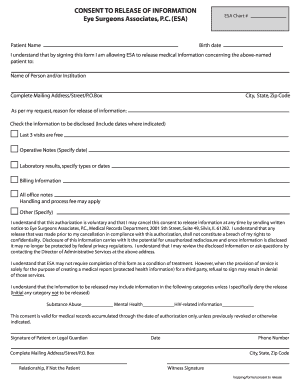
COPPA was enacted in 1998, during a different era with simpler privacy concerns. It is ill-suited as a matter of doctrine and policy and is traditionally disfavored under common law. This piece argues that there is a fundamental problem with relying on parental consent in protecting children’s privacy. The online education market (EdTech) is predicted to reach $350 billion by 2025.

With the COVID-19 pandemic, over 1.2 billion children around the world left the traditional classrooms, many of which shifted to online learning in jurisdictions equipped with the necessary infrastructure. While the Balderas suit was initiated before the COVID-19 pandemic, the pandemic made the underlying issue even more urgent as a shift to online education became inevitable. New Mexico ultimately settled with Google and agreed to dismiss its appeal to the Tenth Circuit. Moreover, the services offered may also include Google Assistant Voice Match and Face Match, both of which require school administrators to “get parental consent for users under the age of 18 to link their Google Workspace for Education accounts to a Google Assistant-enabled device” to be enabled. It reasoned that to comply with COPPA in “provid notice and obtain verifiable parental consent prior to collecting, using, or disclosing personal information from children,” Google only needed to “mak any reasonable effort.” Īccording to guidelines from the Federal Trade Commission (FTC), “schools may act as the parent’s agent and can consent to the collection of kids’ information on the parent’s behalf.” However, in Balderas, this consent also meant consent to access to GSFE’s “Additional Services,” which included minors’ access to services such as “Google Maps, Blogger and YouTube.” Google argued that to attain the verifiable parental consent that COPPA required, it had relied on the schools themselves as intermediaries. District Court for the District of New Mexico granted Google’s motion to dismiss. GSFE provides students with access to services such as Gmail, Google Calendar, Google Drive, and Google Docs, which collect various forms of the users’ data-in this case, children’s data. The lawsuit was initiated based on a Google service called G Suite for Education (GSFE). New Mexico’s attorney general argued that Google had failed to obtain “verifiable parental consent,” as required by COPPA, for the collection, use, or disclosure of personal information.

Google, New Mexico alleged that the company is illegally collecting children’s data in violation of the Children’s Online Privacy Protection Act (COPPA), the New Mexico Unfair Practices Act (UPA), and the common law privacy tort of intrusion upon seclusion, among others. In February 2020, New Mexico’s attorney general sued Google. Children’s Digital Privacy and the Case Against Parental Consent


 0 kommentar(er)
0 kommentar(er)
